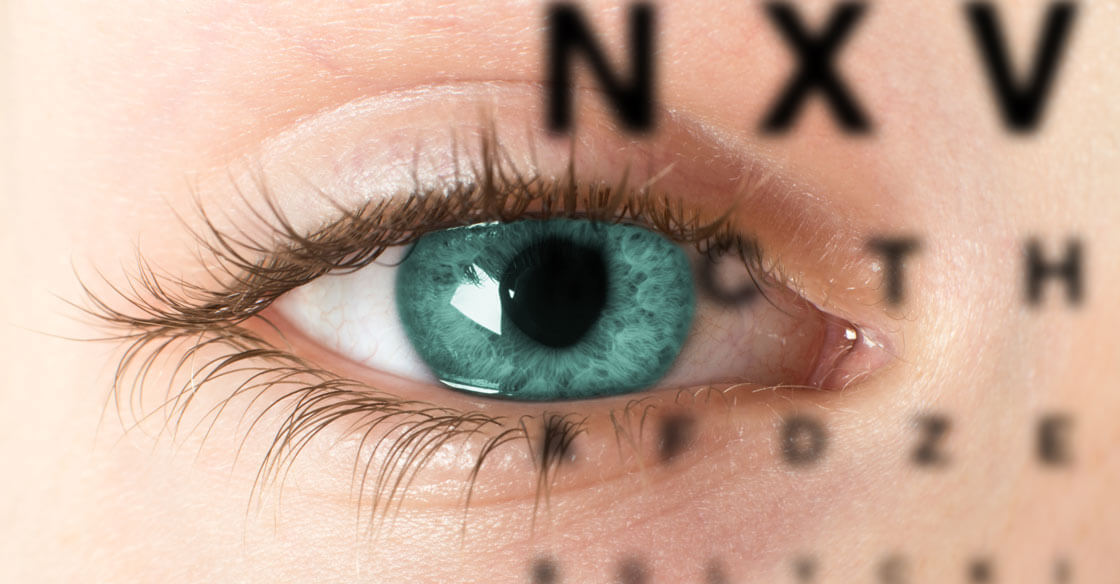Cataract surgery is one of the most common and successful surgical procedures in the field of ophthalmology, since this intervention seeks to correct vision loss caused by opacity in the lens, a condition known as cataracts. As life expectancy increases and medical technology advances, the number of people undergoing this surgery continues to rise. In this article we will provide you with an overview of cataract surgery, from its diagnosis to the recovery process.
How Can It Be Diagnosed?
For diagnosis and evaluation, the first step is to determine if a person requires cataract surgery with a complete eye exam by an ophthalmologist. During this evaluation, visual acuity will be assessed, intraocular pressure will be measured, and the general health of the eye will be examined. Also, it is important to mention that specific tests will be carried out to determine the presence and severity of cataracts. Once the diagnosis is confirmed, the ophthalmologist will mention the treatment options and the appropriate time for surgery in case of being a candidate.
How is the Surgery?
The surgical procedure for cataract surgery is performed on an outpatient basis, which means that the patient can return home the same day. Local anesthesia is usually used to numb the eye, however sedatives may be given to help relax the patient. During the procedure, a small incision is made in the cornea, through which the opaque crystalline lens is removed, being replaced by an artificial intraocular lens that is previously made according to the individual needs of each patient.
Advanced Techniques In recent years, cataract surgery has experienced very significant advances in terms of techniques and medical technology. Phacoemulsification is the most widely used technique, in which ultrasound is used to break down the cataract and facilitate its extraction. However, they have also developed laser techniques, such as femtosecond laser cataract surgery, that offer greater precision in the surgical process.
Post-Op
Recovery after cataract surgery is usually quick and without complications, it is normal for patients to experience blurred vision or sensitivity to light in the first few days, but these symptoms usually disappear gradually and quickly. It is important to follow the ophthalmologist’s instructions regarding the use of medications and eye protection during recovery to avoid complications and obtain good results. The results exceed expectations since in most cases patients experience a rapid and significant improvement in vision, being able to return to their daily activities as normal.
In conclusion, cataract surgery is a safe and effective procedure to restore vision affected by clouding of the lens. With the advancement of surgical techniques and medical technology, the results are increasingly precise and satisfactory.
For more information about this and other ophtalmologic related topics please visit our website: https://arisvisionmexico.com/




